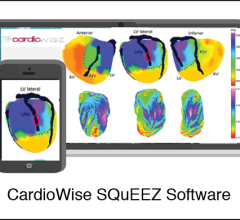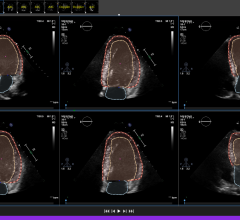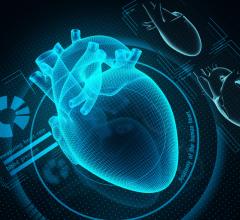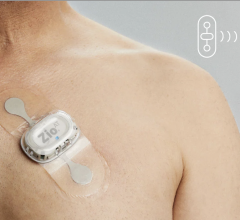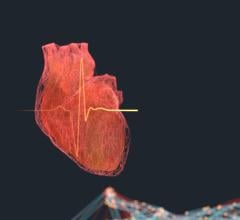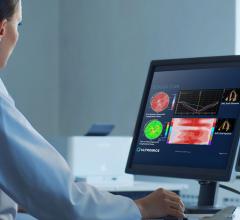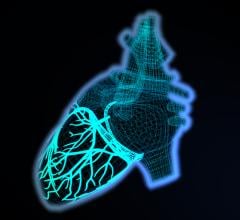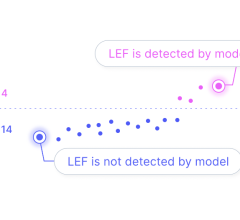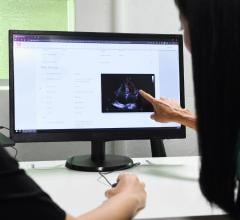August 30, 2022 — Royal Philips (NYSE: PHG, AEX: PHIA), a global leader in health technology, will showcase its latest ...
Artificial Intelligence
This channel includes news and new technology innovations for artificial intelligence software, also referred to as deep learning, cognitive computing and machine learning. Specifically this page is for cardiac related AI technology integration for imaging appropriate use criteria (AUC), clinical decision support, predictive analytics, workflow improvements and automated diagnostics.
August 29, 2022 — In a first-of-its-kind randomized clinical trial led by researchers at the Smidt Heart Institute and ...
August 18, 2022 — Six digital healthcare start-ups from five countries have officially become the first cohort of the ...
Providing exceptional cardiovascular care for patients to achieve the best possible outcomes is the number one goal for ...
August 16, 2022 — Dyad Medical, Inc., the developer of the cloud-based AI technology for cardiac image analysis ...
August 11, 2022 — The recent deals and collaborations in the medical device space indicate a growing interest in artific ...
Today, cloud-native analytics can automate data acquisition and synthesize complex data from multiple sources. Here, we ...
July 25, 2022 — iRhythm Technologies, Inc., a leading digital healthcare solutions company focused on the advancement ...
Organizers of the European Society of Cardiology (ESC) Congress have released plans and announced 10 Hot Line ...
July 19, 2022 — Employing artificial intelligence to help improve outcomes for people with cardiovascular disease is the ...
New research shows superiority of Ultromics’ AI in predicting cardiac-related death As the use of artificial ...
July 14, 2022 — Anumana, Inc., an AI-driven health technology company and portfolio company of nference, has launched a ...
July 14, 2022 – AvoMD, a next-generation application-based clinical decision support platform, is working with the ...
July 7, 2022 — Anumana, Inc., an AI-driven health technology company from nference, Inc., today announced the American ...
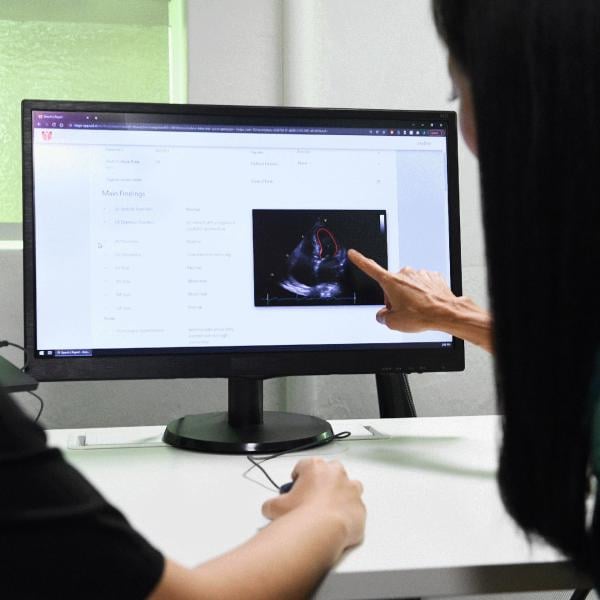
Here is what you and your colleagues found to be most interesting in the field of cardiology during the month of June ...
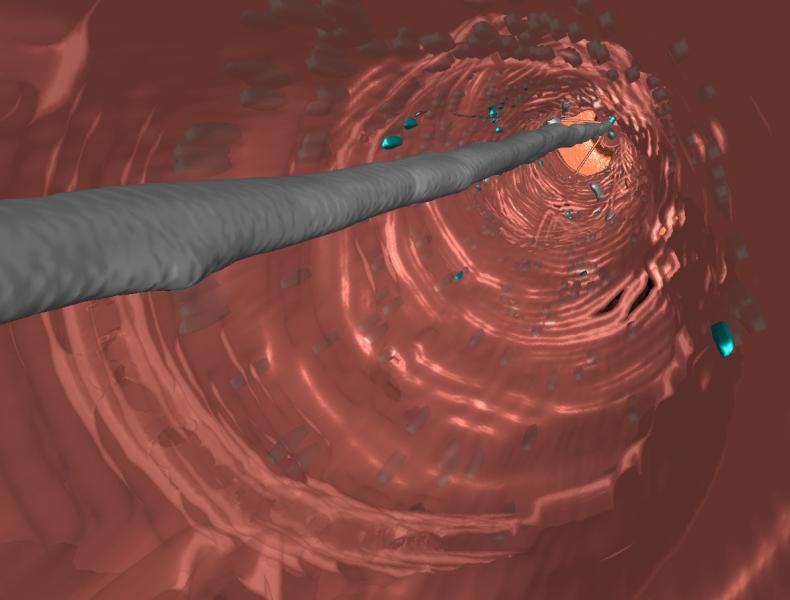
Artificial intelligence’s (AI) applicability in cardiac imaging is rapidly growing and was a major topic of discussion ...
June 8, 2022 — Us2.ai, a Singapore-based medtech firm backed by, IHH Healthcare, Heal Partners, Sequoia India, EDBI ...


 August 30, 2022
August 30, 2022

